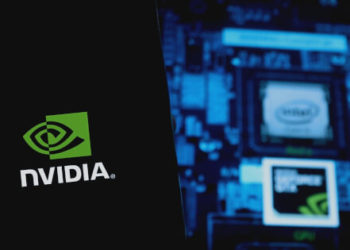The Arbitrum community has recently implemented a significant upgrade with the adoption of the “ArbOS 11 version” proposal. This advancement heralds a series of key changes and improvements to the Arbitrum ecosystem, a prominent layer-2 scaling solution for Ethereum.
EVM Shanghai Support and PUSH0 Opcode: ArbOS 11 includes support for the EVM Shanghai upgrade and the PUSH0 opcode. The integration of these elements with Arbitrum chains is crucial as it aligns with the latest versions of go-ethereum, ensuring that even in the event of a delayed upgrade, the Shanghai support will be uniformly effective without divergences due to outdated node software.
Retryable Fixes: A notable change is in the retryable fees system, which previously exclusively used the network fee account. Now, the infrastructure fee account will also be utilized, with fees from the basefee going to the infrastructure account and any surplus fees during elevated gas prices going to the network fee account. This revision is particularly relevant to Arbitrum Nova, where the infrastructure fee account contributes fees to the Data Availability Committee members.
Precompile Method Improvements: ArbOS 11 addresses an issue with some precompile methods consuming all gas upon reverting. Specifically, the ArbSys’s arbBlockHash method would use up all gas if called with an out-of-range block number. This update ensures more efficient gas usage.
Visibility of L1 Pricing Parameters: The upgrade adds precompile methods to view certain L1 pricing parameters such as L1RewardReceipient and L1RewardRate, making it easier to check the current chain configuration.
Log Emission Fix: Another fix involves the prevention of log emission during a staticcall from the chain owner to the ArbOwner precompile, aligning with the EVM standard where staticcalls should never emit logs.
Corrected L1 Pricing Parameters: The default L1 pricing parameters have been corrected, which, although not impacting Arbitrum One and Nova due to earlier corrections, will automatically apply to any Arbitrum Orbit chains.
Implementation Details: The specific implementation of ArbOS 11 is based on a particular commit hash in the Arbitrum Nitro git, ensuring consistency and reliability in its deployment. Furthermore, the upgrade action smart contracts for ArbOS 11 have been audited by Trail of Bits, affirming their security and effectiveness.
The implications of this upgrade are significant for the Arbitrum network and its users. With enhanced functionalities and improved efficiency, the upgrade bolsters the network’s capabilities, attracting positive attention in the crypto community. Market analysts are optimistic about the impact of this upgrade on the Arbitrum token (ARB), with expectations of a price rally. The Arbitrum trading volume has already shown a substantial increase, indicating a growing interest and confidence in the token’s potential.
Image source: Shutterstock
Credit: Source link












































